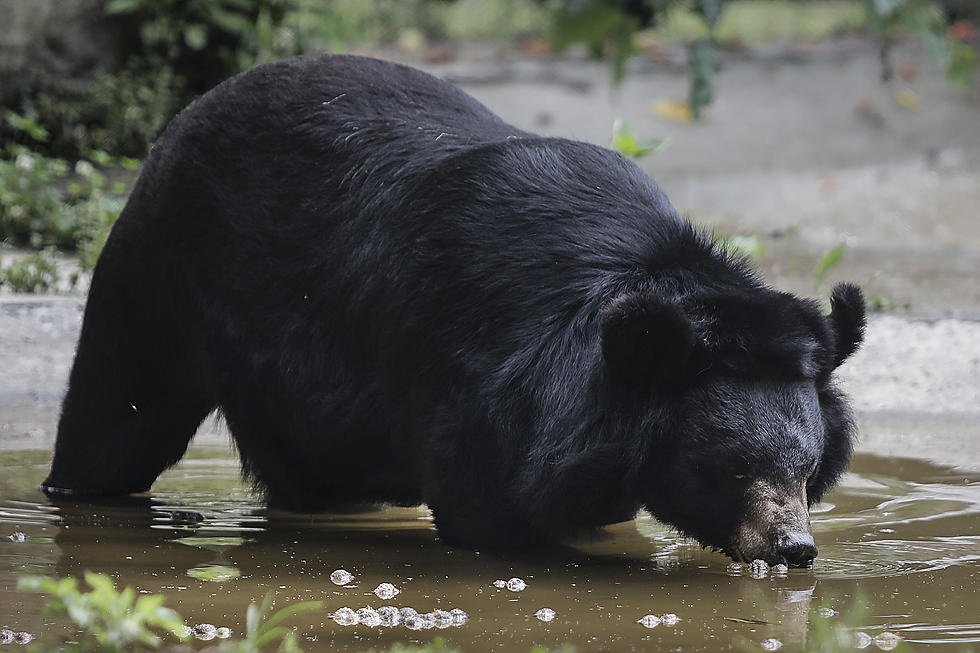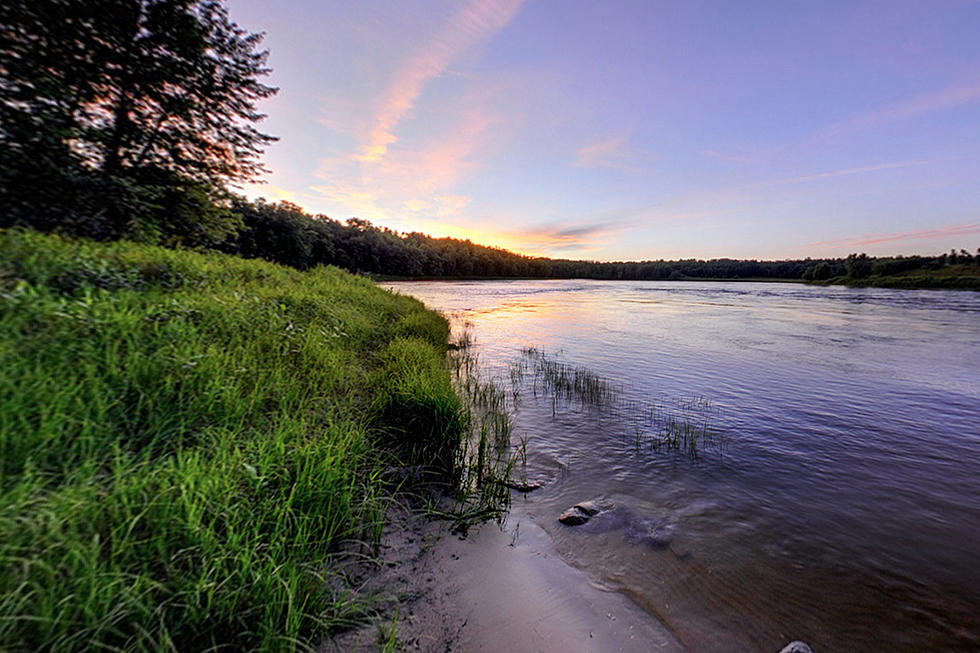
National Park Service Deflates Joke, Reminds “Please Don’t Sacrifice Slower Friends To Bears”
There's a long-standing series of jokes about avoiding bear attacks by either being faster than your hiking buddies or pushing one of them down. Apparently there is some concern about this being a real tactic to avoid being attacked by a bear, because the National Park Service issued a message via social media on the subject.
In a message posted on Wednesday, the NPS led off their message with the plea "Please don’t run from bears or push your slower friends down in attempts of saving yourself."
Are people actually doing this? I don't imagine so (they crack a joke about those "friends" brought along as bait later in the post), but you never know these days. While it just seems like a funny way to open the door to a conversation on avoiding bear attacks, I personally know a few people that might seriously consider the "outrun your friend" tactic. It turns out running is the opposite of what you want to do.

What should you actually do if you encounter a bear? They offer the following advice in the post:
If you come upon a stationary bear, move away slowly and sideways; this allows you to keep an eye on the bear and avoid tripping. Moving sideways is also non-threatening to bears. Do NOT run, but if the bear follows, stop and hold your ground. Like dogs, they will chase fleeing animals. Do NOT climb a tree. Both grizzlies and black bears can climb trees. Do NOT push down a slower friend (even if you think the friendship has run its course).
Beside the good advice to not climb a tree, bears are deceptively fast. Trying to outrun them is really not a good idea.
In all, the experts with the NPS say most bears don't want to attack, and really just want to be left alone. If you act in a non-threatening manner and safely move away, you should be fine.
Some other advice from the NPS on avoiding bear encounters include things like traveling in groups, making noise while traveling down trails (talking, using a "bear bell", etc.), and properly storing food in campsites.
They also address the idea of "playing dead" versus "not playing dead". When it comes to black bears, which are common in Minnesota and Wisconsin, you should not play dead. While you should try to avoid an attack, if you are attacked, they advise fighting back. They suggest concentrating your kicks and blows on the bear's face and muzzle. For grizzly bears and brown bears (which generally don't live in Minnesota and Wisconsin), they advise playing dead if an attack is imminent.
Whether you're a camper, hiker, or any other kind of outdoor enthusiast, it is a good idea to know how to avoid bear encounters and what to do if one does happen. The NPS has a great, detailed resource here. While bear attacks are rare, knowing what to do and how to avoid them is always a good idea.
10 Things To Remember To Bring Camping
More From 106.5 The FAN









